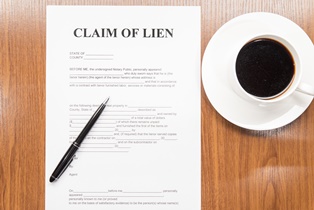A lien is a security interest placed by one party against another party’s property. For example, if you borrow money to buy a car, the bank places a lien on the title until the loan is paid in full. This means, you cannot sell the car until you’ve paid off the loan and the bank releases the lien.

Medical liens are similar, but instead of loaning money, medical care providers treat an injured party without getting paid right away, retaining the right to be paid for those services with a lien. The lien in this case is against the settlement money from your personal injury case. A healthcare provider agrees to treat you in exchange for your agreement to pay the provider once your personal injury claim has been resolved.
Medical Liens Make Personal Injury Claims More Complicated
This type of a lien is often unavoidable because injured people need immediate treatment, and that treatment is often expensive. Incurring a lien on a personal injury claim makes resolving your personal injury claim a bit more complicated. The final lien amount has to be double-checked to ensure it covers only treatment that was related to the accident.
There may be room for negotiation of the final amount owed if the claim amount is insufficient to fully compensate you for your injuries. In most situations, a personal injury attorney will try to negotiate with healthcare providers to get them to accept less than the amount of the lien.
Call Us for Help
Lien law is extremely complicated, and most people will find it difficult to navigate without the assistance of an attorney. Please contact us for a free, no-obligation consultation to learn about your rights and to discuss the actions we can take on your behalf to protect the recovery you deserve. We work on a contingency fee basis. This means, you won’t owe us any upfront legal fees, and we will be paid when your case is settled or resolved in court. To learn more, please call, or contact us through our website.
|
Related links: |

